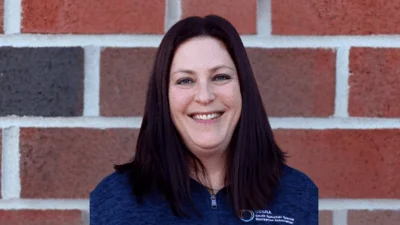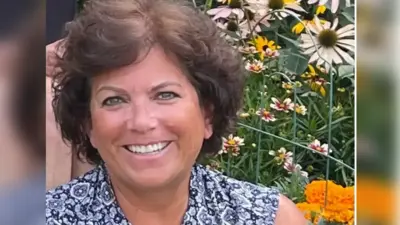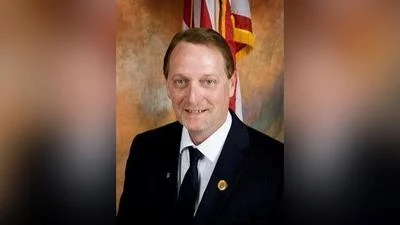Doug Kenshol, Executive Director of South Suburban PADS | LinkedIn
Doug Kenshol, Executive Director of South Suburban PADS | LinkedIn
The listed appropriations included two grants of $500,000, plus an additional grant of $250,000, all designated for programs or services funded by the State of Illinois.
These appropriations represent state-level funding authorized by lawmakers, reflecting what was approved in the budget, not necessarily disbursed. The funds cover only State of Illinois support and exclude federal, local, or other public sources.
Founded in 1990 by Dedicated community members, South Suburban PADS states that its mission is: “Mission to prevent and end homelessness in the south suburbs of Chicago.”
You can learn more about the organization at its website.
In its most recent IRS Form 990 filing filing for tax year 2024, the organization reported $6,546,550 in total revenue. Of that, $4,234,290 came from government grants including federal, state, or local sources, making up 64.7% of total revenue.
The nonprofit listed $6,283,020 in contributions overall. It also reported $887,050 in non-cash contributions, such as donated goods or services, and $1,679,740 categorized under other contributions, which may include restricted donations, pledges, or bequests.
At the beginning of 2024, South Suburban PADS had $5,384,110 in assets. By the end of 2024, that figure had changed to $5,837,160, indicating an 8.4% growth in overall holdings.
According to its filing, public funding to South Suburban PADS increased in the last year. The group received $3,852,920 in government grants in 2023, compared to $4,234,290 in 2024—an increase of 9.9% year-over-year.
However, a Chicago City Wire analysis found that IRS filings frequently contain discrepancies when compared with publicly disclosed government grant reports and budgets.
South Suburban PADS is one of hundreds of nonprofits across Illinois that receive substantial support from state taxpayers while also fundraising privately.
In 2025, Illinois lawmakers introduced House Bill 1266, also known as the Department of Government Efficiency (DOGE) Act. The proposal would create a new oversight body within the Office of the Auditor General tasked with identifying cost-saving measures, reviewing agency performance, and advising on audit priorities. If passed, DOGE could bring additional scrutiny and performance evaluation to taxpayer-funded organizations.
According to ProPublica, Illinois has more than 78,000 active tax-exempt organizations, including nearly 60,000 classified as charitable nonprofits. In their most recent IRS filings, these groups reported a combined revenue exceeding $156 billion.
| Fiscal Year | Total Grants/Contracts | Total Taxpayer $$ |
|---|---|---|
| 2024 | 3 | $1,000,000 |
| Term | Name | Title |
|---|---|---|
| 2024-2024 | Bryan M Sherrick | Treasurer |
| 2024-2024 | Deborah L Burnet | Secretary |
| 2024-2024 | Douglas Kenshol | Executive Director |
| 2024-2024 | Gyata Mack Johnson Kimmons | President |
| 2024-2024 | Honorable Cynthia Cobbs | Second Vice President |
| 2024-2024 | Jim Bova | Director |
| 2024-2024 | Mardy Terrill Cotton | Director |
| 2024-2024 | Monica L Mosley | First Vice President |
| 2024-2024 | Nate Sutton | Director |
| 2024-2024 | Tahtia K Smalling | Director |
| 2024-2024 | Tamela Martin | Director |
| Year | Name | Title | Compensation |
|---|---|---|---|
| - | Dawn Thrasher | Community Resource Coordinator | - |
| - | Michael Cobb | Assistant Executive Director | - |





 Alerts Sign-up
Alerts Sign-up